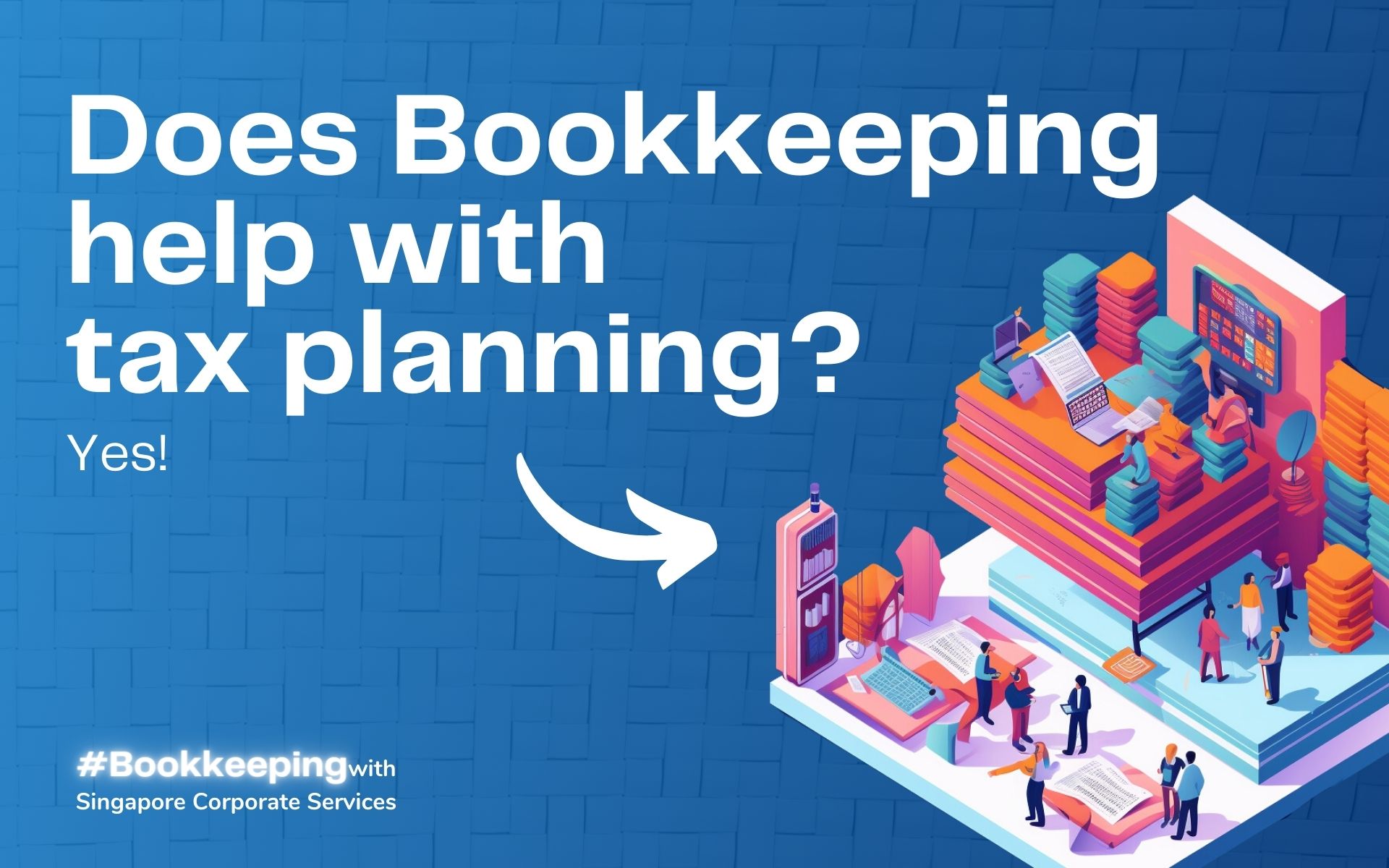Good bookkeeping helps with tax planning because it provides accurate and organised financial records that are essential for calculating taxable income, identifying deductions, and ensuring compliance with tax laws. When you maintain proper bookkeeping, you have a clear and up-to-date view of your business’s financial transactions, including income and expenses. This information is crucial when it comes to tax planning because it allows you to:
- Calculate accurate taxable income: By having a detailed record of your income and expenses, you can accurately calculate your taxable income. This is the amount on which your tax liability is based. Good bookkeeping ensures that you include all relevant income and deduct eligible expenses, reducing the risk of underestimating or overestimating your tax liability.
- Identify deductible expenses: Good bookkeeping helps you identify deductible expenses that can reduce your taxable income. With organised records, you can easily categorise and track business expenses, ensuring that you don’t miss out on any eligible deductions. This can include expenses such as office supplies, travel costs, professional fees, and more.
- Maintain accurate books: By properly recording and organising financial transactions, you can ensure that you meet reporting requirements and provide necessary documentation during tax filing. This reduces the risk of penalties, fines, or audits resulting from inaccurate or incomplete records.
- Optimise tax-saving opportunities: Good bookkeeping provides a clear picture of your business’s financial health, allowing you to identify potential tax-saving opportunities. By analysing your records, you can spot trends, make informed decisions, and implement tax strategies to minimise your tax liability. For example, you can time purchases or expenses to maximise deductions or take advantage of available tax credits.
Optimise your tax preparation process by doing bookkeeping right.
Here are some key steps a company can take to do bookkeeping right and reap the benefits when doing tax planning:
- Maintain organised records: Implement a system to organise and store all financial documents, such as receipts, invoices, bank statements, and expense records. Keep both physical and digital copies for easy access and retrieval.
- Categorise transactions correctly: Create a chart of accounts that aligns with your business’s industry and needs. This will help in tracking income and expenses accurately, making it easier to identify deductible expenses during tax planning.
- Reconcile bank accounts regularly: This involves comparing your bank statements with your recorded transactions, identifying any discrepancies, and making necessary adjustments. Reconciliation helps catch errors, duplicates, or missing transactions that could affect your tax planning.
- Track and document business expenses: Maintain a comprehensive record of all business expenses, including receipts and invoices. Categorise expenses correctly and keep a separate record for deductible expenses, such as business travel, office supplies, and professional fees. This information will be crucial for tax planning, as it allows you to identify eligible deductions and reduce your taxable income.
- Keep up with tax regulations: Tax laws are subject to updates, and being aware of these changes helps you stay compliant and take advantage of available tax-saving opportunities.
Perhaps the best advice that we have is to use a good accounting software – one that would account for all your financial, operational and compliance needs. An accounting software is a centralised way to record transactions, generate financial reports, and maintain accurate records. Choose a software that suits your business’s needs and offers features like expense tracking, invoicing, and bank reconciliation.
If you want to speed up this process, consider working with a professional bookkeeper or accountant who specialises in small business finances and tax planning. They can guide you through the process, offer expert advice, and ensure that your books are accurate and up-to-date. Professional assistance can be particularly beneficial when dealing with complex tax matters or if you lack expertise in bookkeeping.
With good bookkeeping,
You’ll find it easier to during financial year end because of:
- Efficient data retrieval: With good bookkeeping practices in place, all financial records are organised and easily accessible. When it comes time to prepare tax returns or respond to tax-related inquiries, you can quickly locate the necessary information and documentation. This avoids wasting time searching for misplaced or incomplete records and enables a smooth and efficient tax preparation process.
- Reduced errors and corrections: Accurate bookkeeping minimises the chances of errors in financial records. When the books are maintained properly from the beginning, there is less need for time-consuming and potentially costly corrections later on. This saves time spent on identifying and rectifying mistakes that could otherwise delay tax filings or trigger tax authority inquiries.
- Streamlined tax preparation: Good bookkeeping ensures that all financial transactions are properly recorded and categorised. This categorization simplifies the process of preparing tax returns because the relevant income and expenses are readily identifiable. Instead of spending significant time sifting through disorganised records, you can efficiently extract the necessary information and calculate taxable income, deductions, and credits.
- Quick response to tax inquiries or audits: In the event of a tax inquiry or audit, having organised and accurate financial records allows you to respond promptly. You can provide the requested documentation and information without undue delay, demonstrating transparency and cooperation. This helps expedite the resolution of the inquiry or audit, saving valuable time for your company.
- Efficient tax planning: Good bookkeeping supports proactive tax planning by providing up-to-date financial records. If you’re looking to streamline your tax strategy, our company income tax services can help you navigate the complexities of tax regulations and implement strategies to minimise your tax liability.
Overall, good bookkeeping saves time for a company by enabling efficient data retrieval, reducing errors and corrections, streamlining tax preparation, facilitating quick responses to tax inquiries or audits, and supporting proactive tax planning. By investing time and effort in maintaining proper bookkeeping practices, you can reap significant time savings in the long run and focus on other important aspects of running your business.
Consult us to identify areas for growth in your record-keeping workflow
Good bookkeeping is crucial for tax planning because it provides accurate financial records, helps calculate taxable income, identifies deductible expenses, ensures compliance with tax laws, and allows you to optimise tax-saving opportunities. It serves as the foundation for effective tax planning and helps you make informed decisions that can positively impact your tax position. At SCS, we’re always here to help.
How to Change Your Company Name in Singapore
A company's name can significantly shape its identity, yet there are times when a change becomes...
Is Singapore a Tax Haven? A Comprehensive Analysis
Is Singapore really a tax haven, or is it simply capitalising on tax policies that spur economic...
Fiscal Year vs Financial Year: Definitions and Implications
Is there a difference between a fiscal year and a financial year? While they both refer to the...




